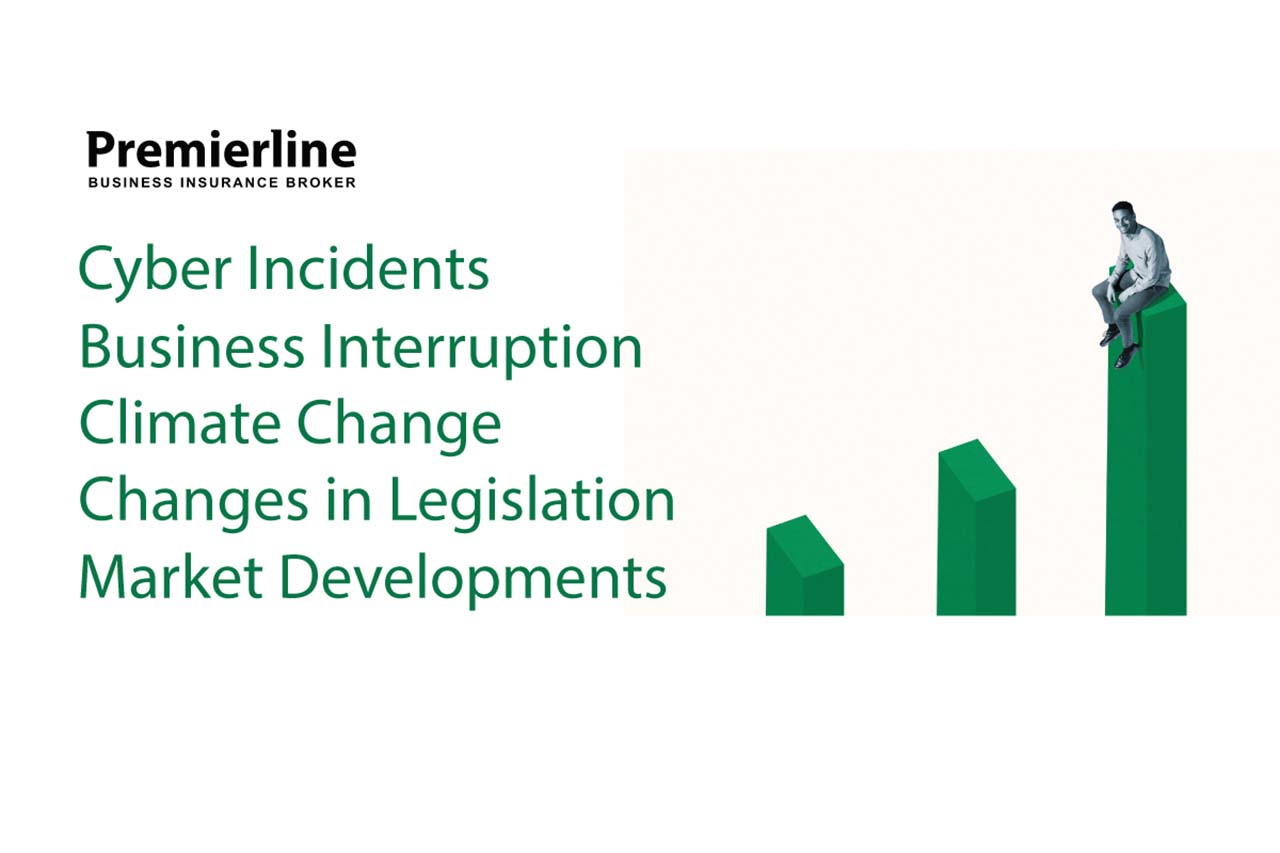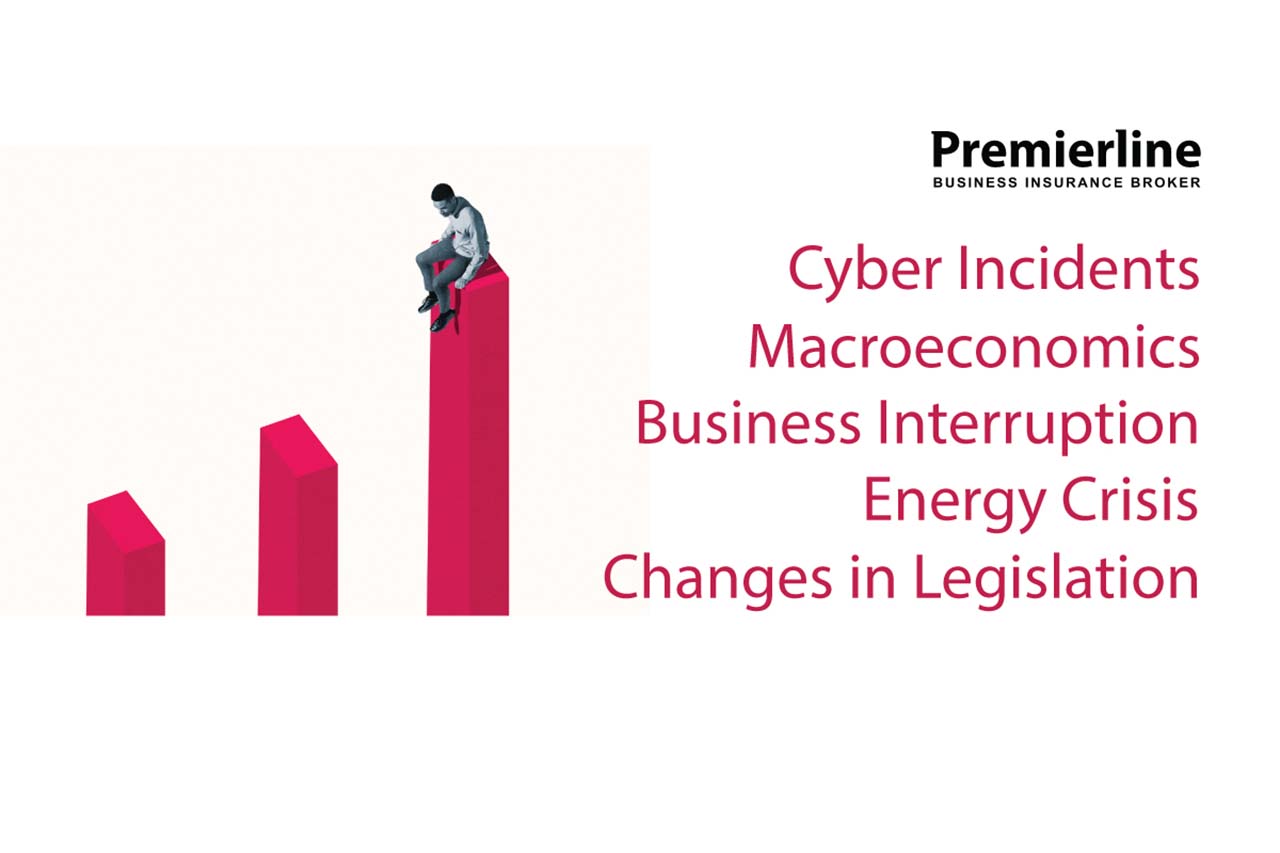Business owners should know their business inside out to ensure they are able to run efficiently, effectively and safely and that also means knowing what external influences cause risk to the business. Of course, owning a business can always be a risk no matter how big or small it is, that’s why business insurance can often prove to be vital, especially if the worst happens and your business needs to pay out to a third party.
Keeping up to date with everyday risks is a challenge for business owners and stakeholders, especially in a world where the risk landscape changes so regularly. Every day new threats arise which could put a stop to your livelihood in just a matter of seconds – that’s why globally, key insurers work to calculate what the biggest risks faced by businesses are in order to determine what they need to provide cover against in a fair and transparent market.
By ensuring knowledge is relevant and risk data is up to date insurers can offer the very best packages to make sure that their own clients are covered should the unexpected happen and a claim needs to be made against a policy. The Allianz Risk Barometer is one such project that works on a global scale to highlight and inform insurance professionals of the biggest risks faced by businesses of all shapes and sizes with the aim to provide a clear picture on what Allianz customers believe to be the biggest threats in the current climate.



















